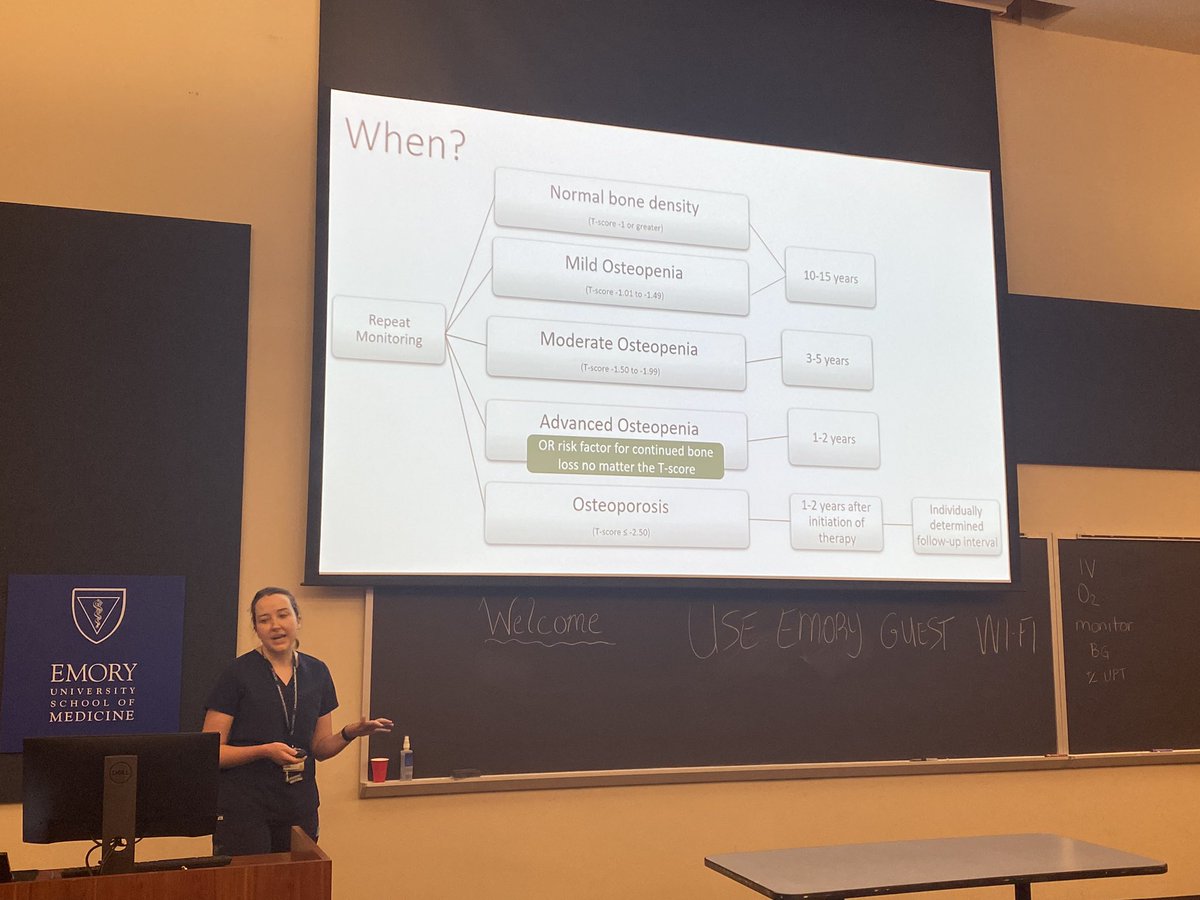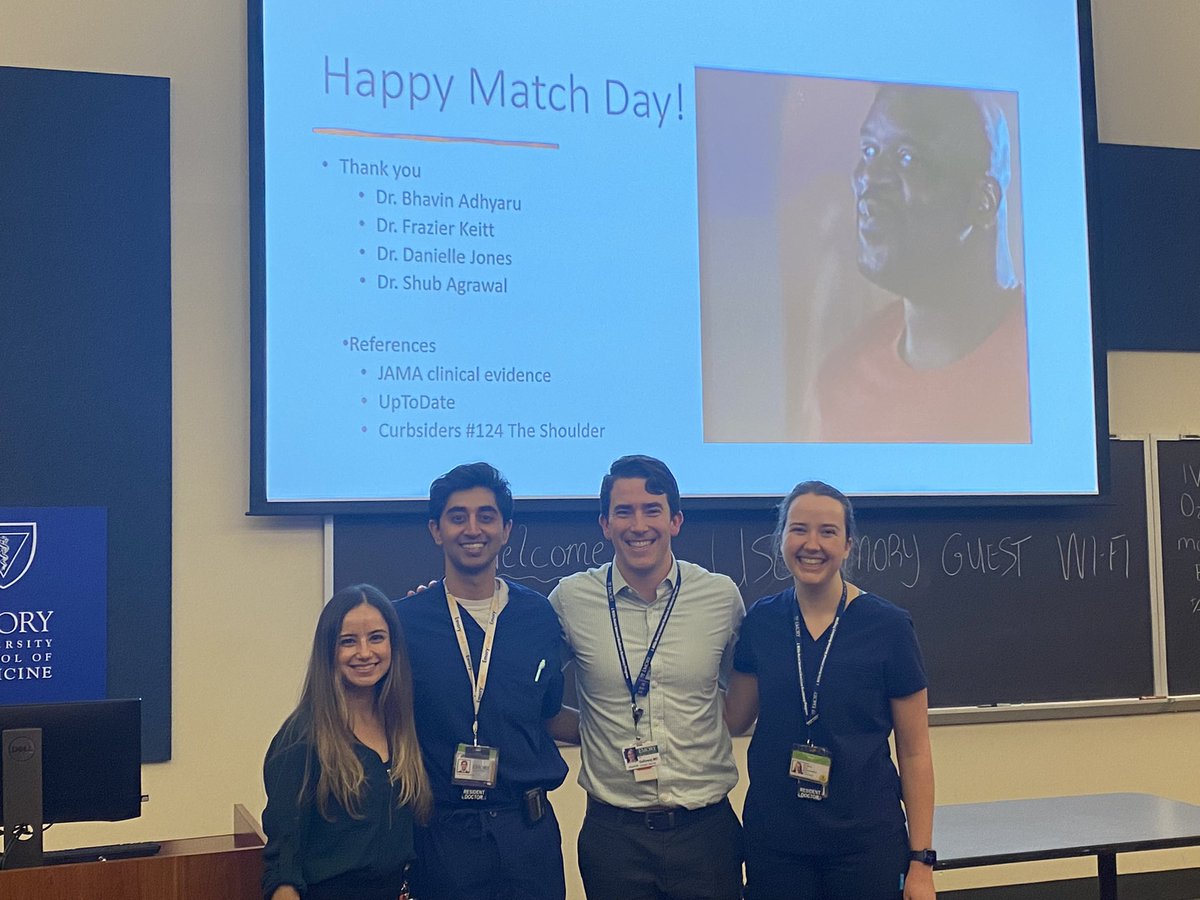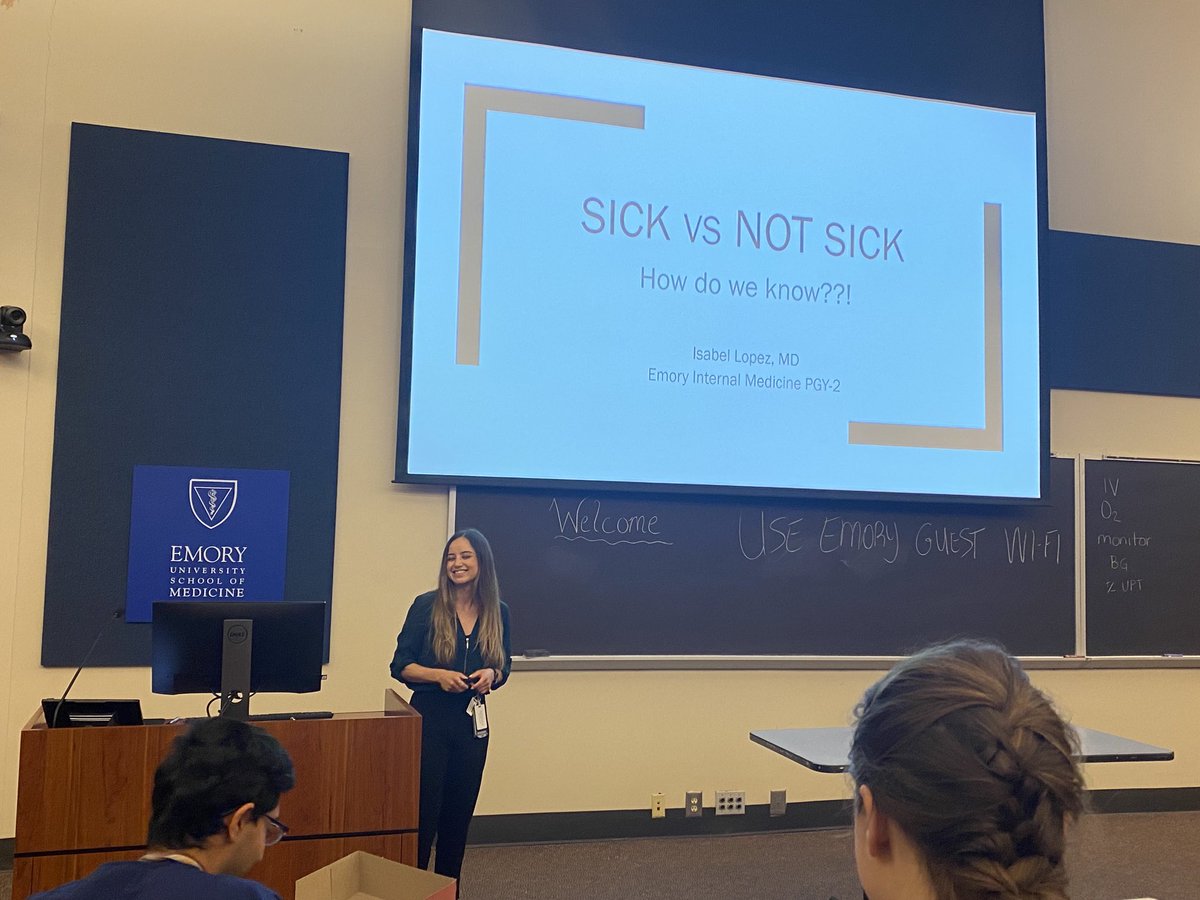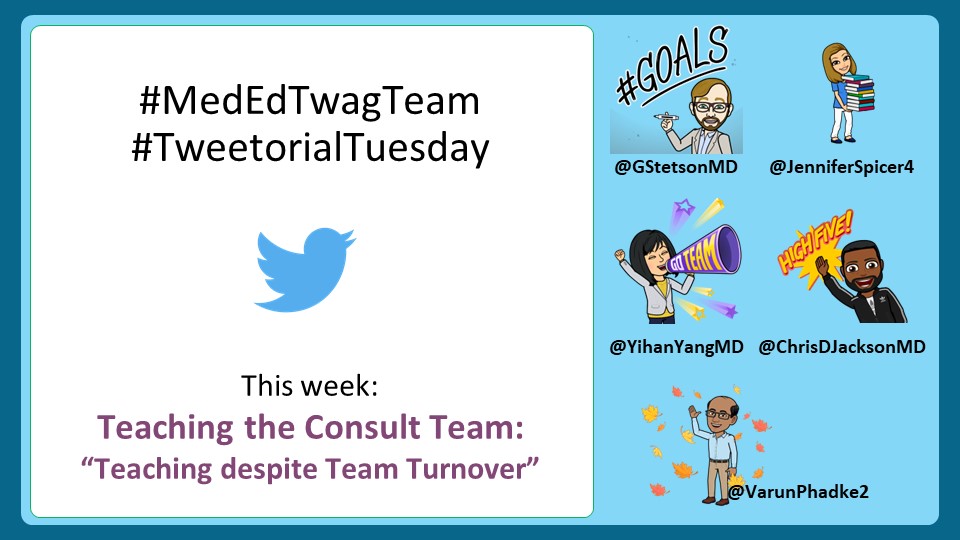
Do you want a 4-step process for questions to ask when you get a page next year when you’re alone on nightfloat or ICU call?
Check out this framework!
Check out this framework!

And now, do you wanna remember who the heck to order DEXA scans for in clinic?
Thankfully Miko De Bruyn comes to the rescue.
Thankfully Miko De Bruyn comes to the rescue.

And when should you repeat screening?
Thankfully you know due to this BST Mode talk by Miko De Bruyn, coached by @TracyVettese!
Thankfully you know due to this BST Mode talk by Miko De Bruyn, coached by @TracyVettese!

Next up, Sanjay Chandrasekhar to teach us how to remember RTAs.
Because, let’s be honest, this just never sticks.
Because, let’s be honest, this just never sticks.

And for our last talk - how to remember that pesky shoulder exam when you need it in clinic by Alex Galloway. 

Remember all those exams you learned in medical school?
The truth is you only need 3 to help determine if it’s rotator cuff issues that require surgery or MRI
The truth is you only need 3 to help determine if it’s rotator cuff issues that require surgery or MRI

First, figure out if they have rotator cuff pathology.
If the painful arc is positive, then they have rotator cuff pathology.
If the painful arc is positive, then they have rotator cuff pathology.

Then, do the internal and external lag. If they can’t hold it, then they have a full thickness tear! 

So then what do you do?
If it’s a full thickness tear, then refer to surgery.
Otherwise, conservative management rules!
If it’s a full thickness tear, then refer to surgery.
Otherwise, conservative management rules!

Thanks for joining, and happy #MatchDay2023!!! 

• • •
Missing some Tweet in this thread? You can try to
force a refresh




















